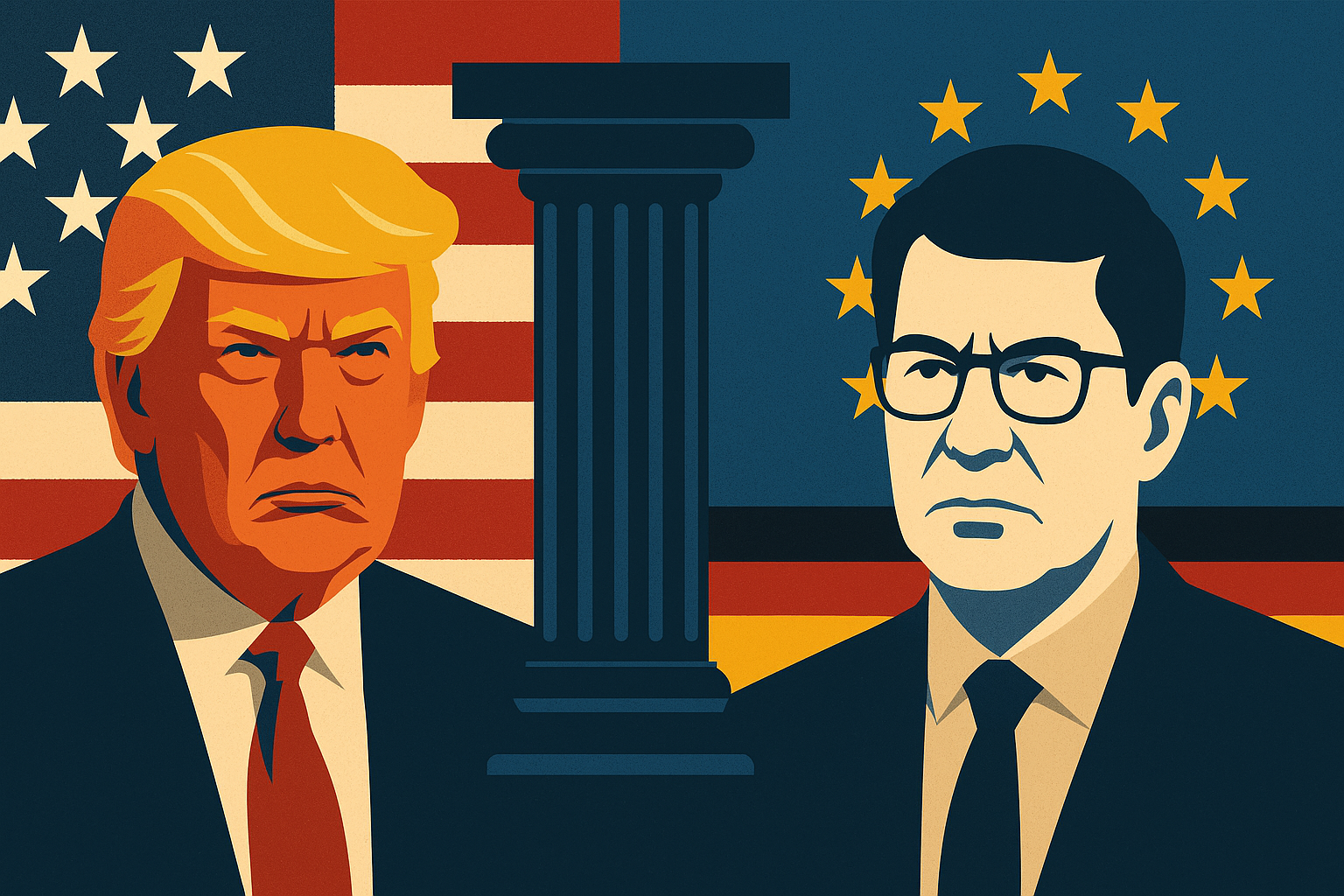Germany’s Finance Minister and Vice-Chancellor Lars Klingbeil has openly criticized former U.S. President Donald Trump’s decision to dismiss the head of the Bureau of Labor Statistics, describing the move as “politically wrong” and a threat to the independence of public institutions.
Speaking just hours before a scheduled meeting with U.S. Treasury Secretary Scott Bessent in Washington, Klingbeil emphasized the importance of preserving institutional integrity in democracies. “Independent institutions must remain independent. Politics should not interfere,” he stated.
Trump’s removal of the statistician came shortly after the release of weaker-than-expected U.S. economic data, which reportedly angered the former president. This action, along with Trump’s ongoing criticism of the Federal Reserve and efforts to oust its chair, Jay Powell, has sparked concern among U.S. allies and economists alike. Bessent himself has recently called for an investigation into the Fed’s role, suggesting it may have deviated from its core mandate.
Klingbeil’s remarks highlight growing European unease over Trump’s adversarial stance on both economic policy and international trade. His comments also reflect a broader effort by European leaders to defend multilateral norms and transatlantic cooperation at a time of increasing geopolitical tension.
Trade Tensions and EU Concerns
Klingbeil confirmed that his meeting with Bessent would address unresolved aspects of the recent EU-U.S. trade agreement, including Germany’s push to secure exemptions for steel imports from upcoming tariffs. While the deal spared the EU from even steeper 30% tariffs previously threatened by Trump, it still imposes a 15% tariff on key EU exports—a major concern for Germany’s export-driven economy, especially its car manufacturing industry.
“There is a need for clarity,” Klingbeil said, referring to lingering confusion over how the agreement will affect sectors such as steel and pharmaceuticals. “It is essential that the uncertainties of recent months are resolved, ensuring security for businesses on both sides of the Atlantic.”
Concerns over Chinese Imports
The German finance chief also noted that the agenda would include discussions on rising imports of low-cost Chinese goods. As U.S.-China trade tensions continue, European officials fear that diverted Chinese exports may flood EU markets. In response, Germany is considering changes to customs regulations and the imposition of higher tariffs to protect its industries.
“We are currently evaluating how to amend customs rules and potentially raise tariffs to address this challenge,” Klingbeil said.
His statements underscore Germany’s broader strategy to defend economic stability while upholding international norms. As transatlantic relations enter a new phase marked by uncertainty and recalibration, Klingbeil’s visit and remarks signal Europe’s determination to maintain both institutional integrity and economic resilience.








